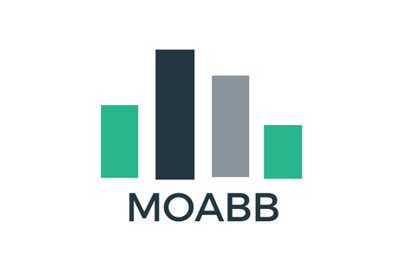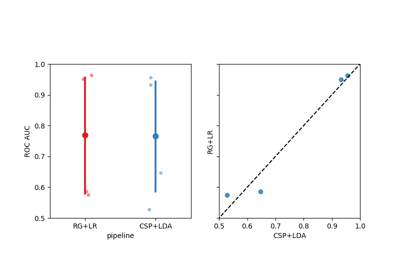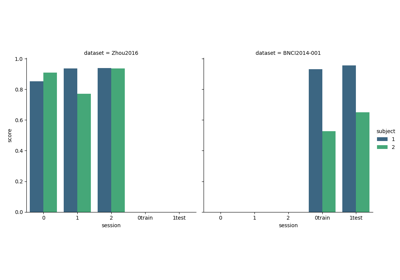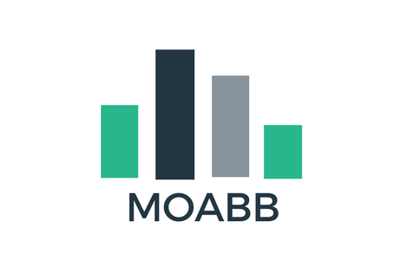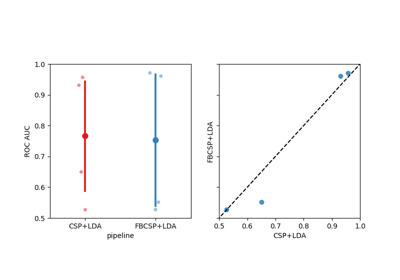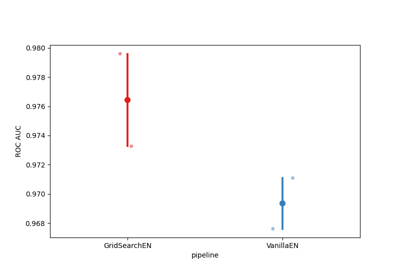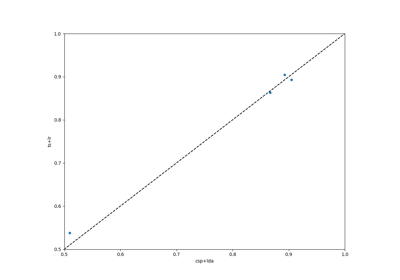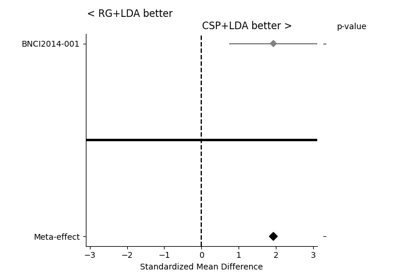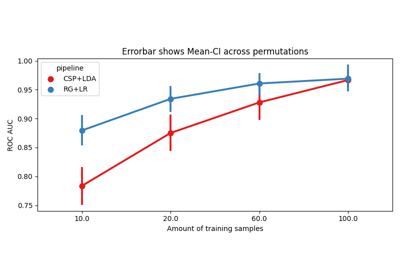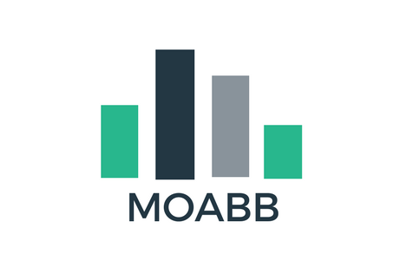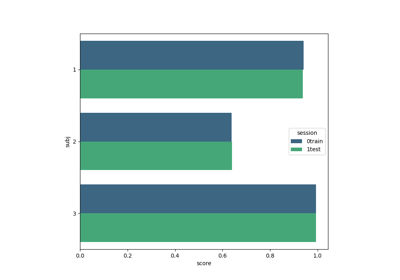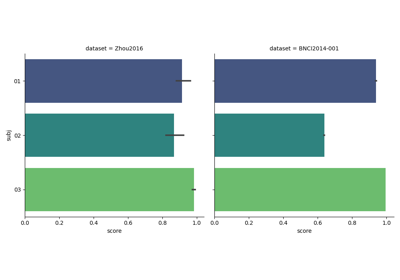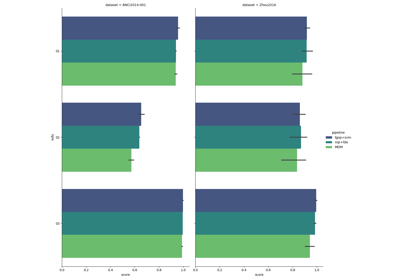moabb.datasets.BNCI2014_001#
- class moabb.datasets.BNCI2014_001[source]#
BNCI 2014-001 Motor Imagery dataset.
PapersWithCode leaderboard: https://paperswithcode.com/dataset/bnci2014-001-moabb-1
Dataset summary
#Subj
#Chan
#Classes
#Trials / class
Trial length
Freq
#Session
#Runs
Total_trials
9
22
4
144
4s
250Hz
2
6
62208
Dataset IIa from BCI Competition 4 [1].
Dataset Description
This data set consists of EEG data from 9 subjects. The cue-based BCI paradigm consisted of four different motor imagery tasks, namely the imag- ination of movement of the left hand (class 1), right hand (class 2), both feet (class 3), and tongue (class 4). Two sessions on different days were recorded for each subject. Each session is comprised of 6 runs separated by short breaks. One run consists of 48 trials (12 for each of the four possible classes), yielding a total of 288 trials per session.
The subjects were sitting in a comfortable armchair in front of a computer screen. At the beginning of a trial ( t = 0 s), a fixation cross appeared on the black screen. In addition, a short acoustic warning tone was presented. After two seconds ( t = 2 s), a cue in the form of an arrow pointing either to the left, right, down or up (corresponding to one of the four classes left hand, right hand, foot or tongue) appeared and stayed on the screen for 1.25 s. This prompted the subjects to perform the desired motor imagery task. No feedback was provided. The subjects were ask to carry out the motor imagery task until the fixation cross disappeared from the screen at t = 6 s.
Twenty-two Ag/AgCl electrodes (with inter-electrode distances of 3.5 cm) were used to record the EEG; the montage is shown in Figure 3 left. All signals were recorded monopolarly with the left mastoid serving as reference and the right mastoid as ground. The signals were sampled with. 250 Hz and bandpass-filtered between 0.5 Hz and 100 Hz. The sensitivity of the amplifier was set to 100 μV . An additional 50 Hz notch filter was enabled to suppress line noise
References
- 1
Tangermann, M., Müller, K.R., Aertsen, A., Birbaumer, N., Braun, C., Brunner, C., Leeb, R., Mehring, C., Miller, K.J., Mueller-Putz, G. and Nolte, G., 2012. Review of the BCI competition IV. Frontiers in neuroscience, 6, p.55.
Notes
Note
BNCI2014_001was previously namedBNCI2014001.BNCI2014001will be removed in version 1.1.
Examples using moabb.datasets.BNCI2014_001#
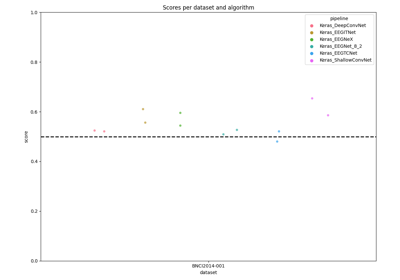
Benchmarking on MOABB with Tensorflow deep net architectures
